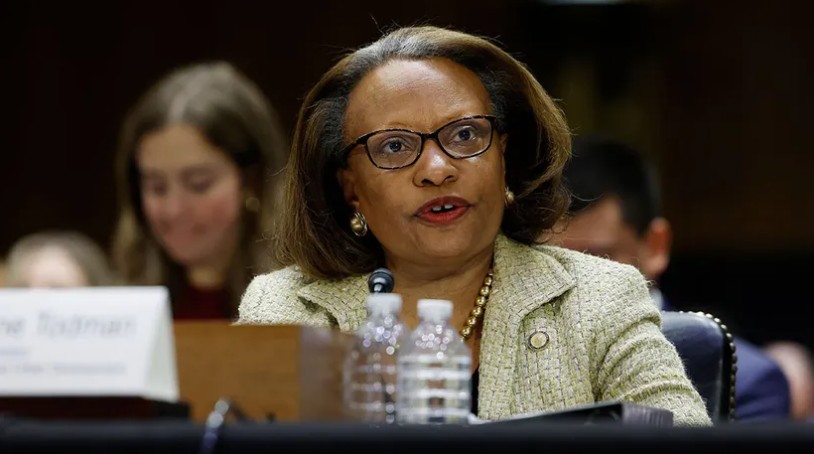Published by REALTOR.com | January 25, 2025
The housing crisis in the U.S. shows no sign of easing as affordability hits even the middle class—across all U.S. states.
The housing crisis in the U.S. shows no sign of easing as affordability hits even the middle class—across all U.S. states—and builders “focus on luxury instead of starter homes.”
“Today, one of the biggest deficits that we have is the creation of new starter homes,” former Housing and Urban Development Secretary Adrianne Todman candidly told an audience at the Inman Connect Conference in New York City.
There are “no strong financing tools right now,” she added, and many builders are building luxury because that is “what pencils out.”
Todman was named HUD acting secretary in March 2024. Previously, she served as the agency’s deputy secretary since her confirmation in June 2021.
Nationally, there is a shortage of more than 7 million affordable homes, according to the National Low Income Housing Coalition. The advocacy group says at least 6.8 million more affordable housing units are needed for extremely low-income families.
“Market is always going to do what market does, and every now and then there does need to be an intervention,” said Todman.
Housing help
“There was a moment in time when nobody talked about affordable housing, and when we did talk about affordable housing, it was public housing. Housing for ‘someone else,’” said Todman.
Over the past 15 years, she added, she’s seen how the middle class and the working class are also experiencing affordability issues.
“It’s not just happening in New York, L.A., Miami. It’s happening in Boise. It’s happening in Salina, KS. It’s happening in places where we never knew,” said Todman.
For perspective, a Realtor.com® analysis found Hawaii, Montana, and New York are the least affordable places to live relative to local incomes.
Todman went on to explain the provisions of a social spending bill that tackled the affordable housing problem across the country, but created waves in Washington.
Known as the Build Back Better Act, the $1.75 trillion bill was passed by House Democrats in November 2021, but it was a short celebration as it faced a roadblock in the Senate.


